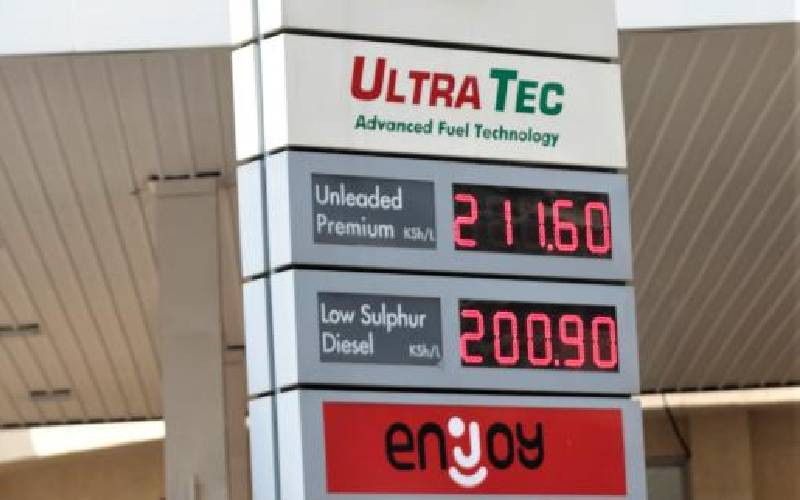×
The Standard e-Paper
Smart Minds Choose Us

Fuel prices hit a record high this week sending shockwaves through an already fragile economy and a populace reeling under an extremely high cost of living.
It did not help matters that President William Ruto is marking one year in office and focus was already on how he has steered the ship of State with many critics passing the verdict he has fallen short on many of his campaign promises, top among them reining in the high cost of living.